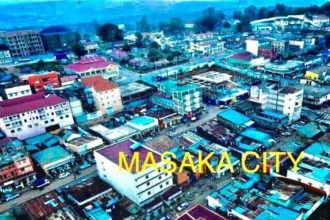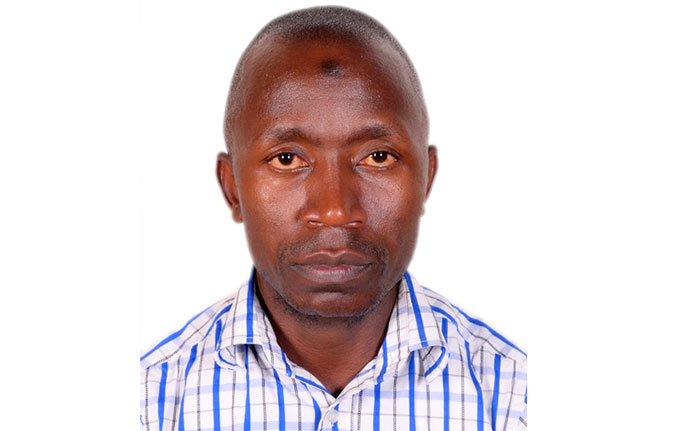The Parish Development Model (PDM) was launched in Uganda on February 26, 2022, in Kibuku District. The PDM is a government initiative designed to help 38% of Ugandans engaged in subsistence farming transition to the money economy.
The primary objectives of the PDM are:
- To improve service delivery
- To alleviate poverty
- To increase household incomes
- To improve household food security
- To enhance the quality of life
- To create wealth
- To economically empower citizens
With the ongoing Presidential PDM assessment tours, it is evident that the program, unlike past initiatives such as Emyooga, OWC, YLP, and WEP, has successfully reached almost 45% of its target beneficiaries. While some beneficiaries have effectively utilized the PDM funds to improve their lives, the majority have used the funds for school fees, medical bills, and in some unfortunate cases, alcohol consumption.
In an interview with Ninsima, a PDM beneficiary, the lady revealed that she used the funds to purchase lipsticks, makeup, and hair dye, which economists have criticized as an example of financial illiteracy. This highlights a gap in financial education among some recipients, pointing to the need for more guidance on the proper use of these funds.
Similar to China in 1978, Uganda needs to undergo significant economic reforms. These reforms should include:
-
De-collectivizing agriculture: Restoring family-based farming to increase agricultural production, raise procurement prices for agricultural products, and promote private plots, free markets, and family-run businesses.
-
Opening up to foreign investment: Establishing special economic zones to attract foreign investment, technology, and management expertise.
-
Privatizing state-owned industries: Privatization can foster more competition among state enterprises, leading to the growth of industries and the creation of more jobs, especially for the youth population.
Additionally, liberalized foreign trade and investment and relaxed state control over some prices could stimulate economic growth. The government should also focus on investing in industrial production and education while encouraging the formation of private businesses.
When these reforms are implemented, Uganda will experience a sharp rise in per capita GDP, improvements in access to health and education, and a significant reduction in the 38% of people still stuck in subsistence farming, lifting them out of poverty.
Therefore, PDM funds should be allocated to individuals who have already established businesses or projects. This approach will inject capital into the economy, enhance investment, increase productivity, and contribute to sustainable economic growth.
By Tukwatanise Musa
The Political Antidote
Email: musa81t@gmail.com
Phone: 0770977545 / 0754390478




















